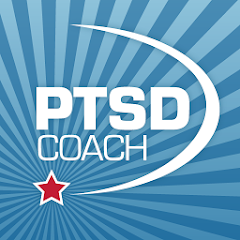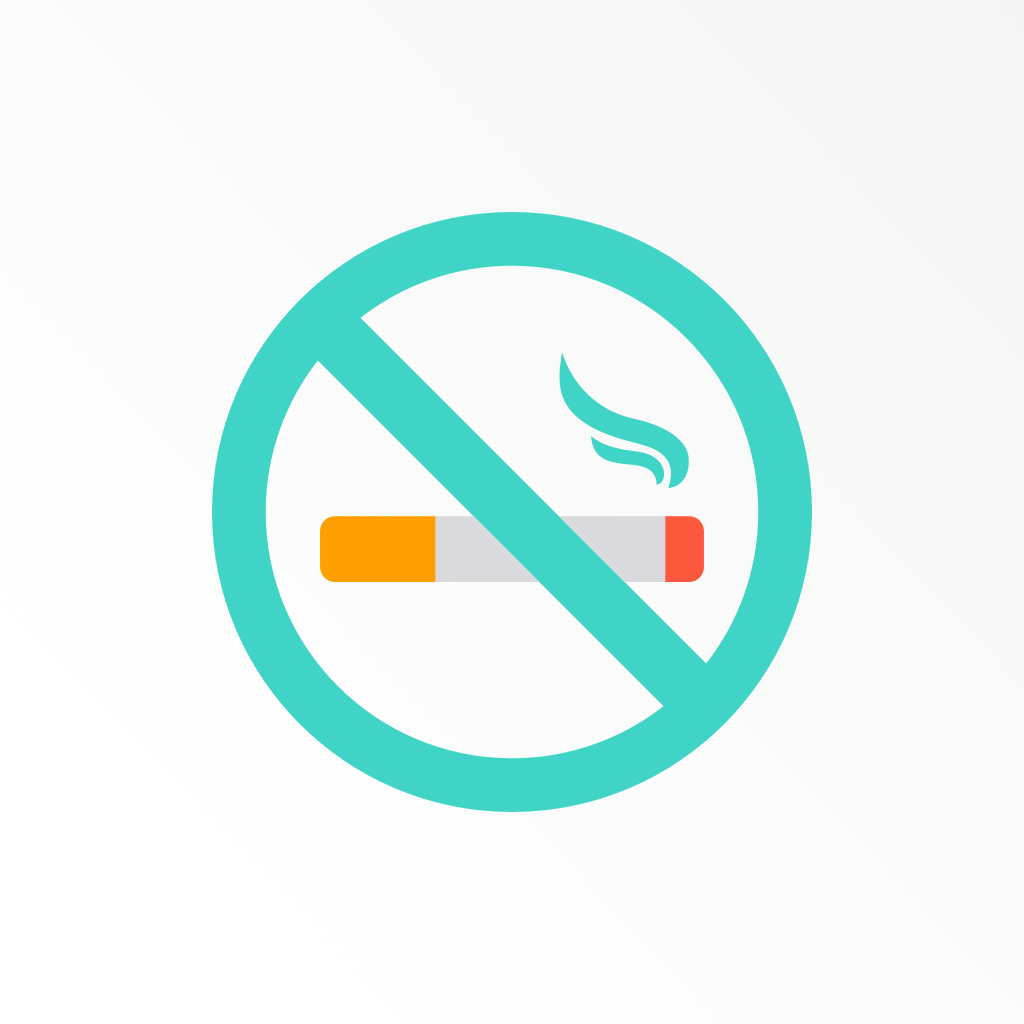Mobile apps can be a great way to stay connected to health and wellness materials through a smartphone or web browser on a computer. While the list shown below is not exhaustive of all available mobile apps, it can help as a learning tool for discovering resources. While not exhaustive, the apps listed below are free, evidence‐based tools designed to support veterans in physical health, mental health, as well as suicide prevention. Developed by reputable government agencies and nonprofit organizations, these mobile apps offer features such as mood tracking, personalized safety planning, and guidance for safe storage of potentially harmful items. Whether you’re looking for a way to monitor emotional well‐being or need an immediate safety plan, these resources provide trusted support tailored for veterans.
Apps from the VA App Store
(complete list of VA apps in the VA App Store)
Safety Plan

U.S. Department of Veterans Affairs – National Center for PTSD
A guided, customizable 6‐step safety plan designed to help veterans in crisis. The app enables users to identify warning signs, develop coping strategies, list distractions, and store emergency contacts—all while providing tools to ensure safe storage of harmful items.
For more information, visit VA National Center for PTSD.
Virtual Hope Box

U.S. Department of Defense & U.S. Department of Veterans Affairs
A digital “hope box” that offers personalized coping tools such as inspirational media and guided relaxation exercises. This app is designed to help veterans manage distressing emotions and suicidal thoughts by providing immediate access to supportive content and crisis resources.
For more information, visit Virtual Hope Box.
PTSD Coach

U.S. Department of Veterans Affairs – National Center for PTSD (in partnership with the DoD)
Originally designed to help veterans manage PTSD symptoms, this app also features tools for mood tracking, coping strategies, and a built-in safety plan for crisis moments. It provides quick access to crisis support and long-term mental health management resources.
For more information, visit PTSD Coach.
Insomnia Coach
U.S. Department of Veterans Affairs – National Center for PTSD The Insomnia Coach app was created for everyone, including Veterans and Service members, to help manage insomnia. The app is based on Cognitive Behavioral Therapy for Insomnia (CBT-I).
For more information, visit U.S. Department of Veterans Affairs
Stay Quit Coach
U.S. Department of Veterans Affairs Stay Quit Coach 2.0 helps individuals quit or reduce tobacco use, including cigarettes, e-cigarettes, cigars, and chewing tobacco. It guides users in identifying their reasons for quitting, setting goals, tracking progress, and managing nicotine withdrawal with interactive tools and motivational messages. While the app can be used independently, it is most effective with support from a counselor or healthcare provider. Developed by the National Center for PTSD at the U.S. Department of Veterans Affairs, it provides evidence-based strategies to support a tobacco-free life.
For more information, visit U.S. Department of Veterans Affairs
Additional Partner and Related Apps
UPMC RxWell App

UPMC Health Plan
The RxWell app helps users become emotionally and physically well with proven techniques. Designed to support mental health, it offers tools for managing anxiety—teaching techniques to help users feel calmer by understanding how thoughts influence behaviors—and strategies to boost mood and challenge negative thinking for depression. In addition, a dedicated health coach provides personalized, message-based support to help users stay motivated and reach their wellness goals.
For more information, visit the RxWell Website or download the app from Google Play.
“Be the One” Columbia Protocol App

American Legion & Columbia University
A suicide risk assessment and resource app designed for veterans, family members, and friends. Utilizing an evidence-based questionnaire, it gauges suicide risk and provides tailored guidance, along with links to local VA medical centers and crisis intervention resources.
For more information, visit American Legion – Be the One.
